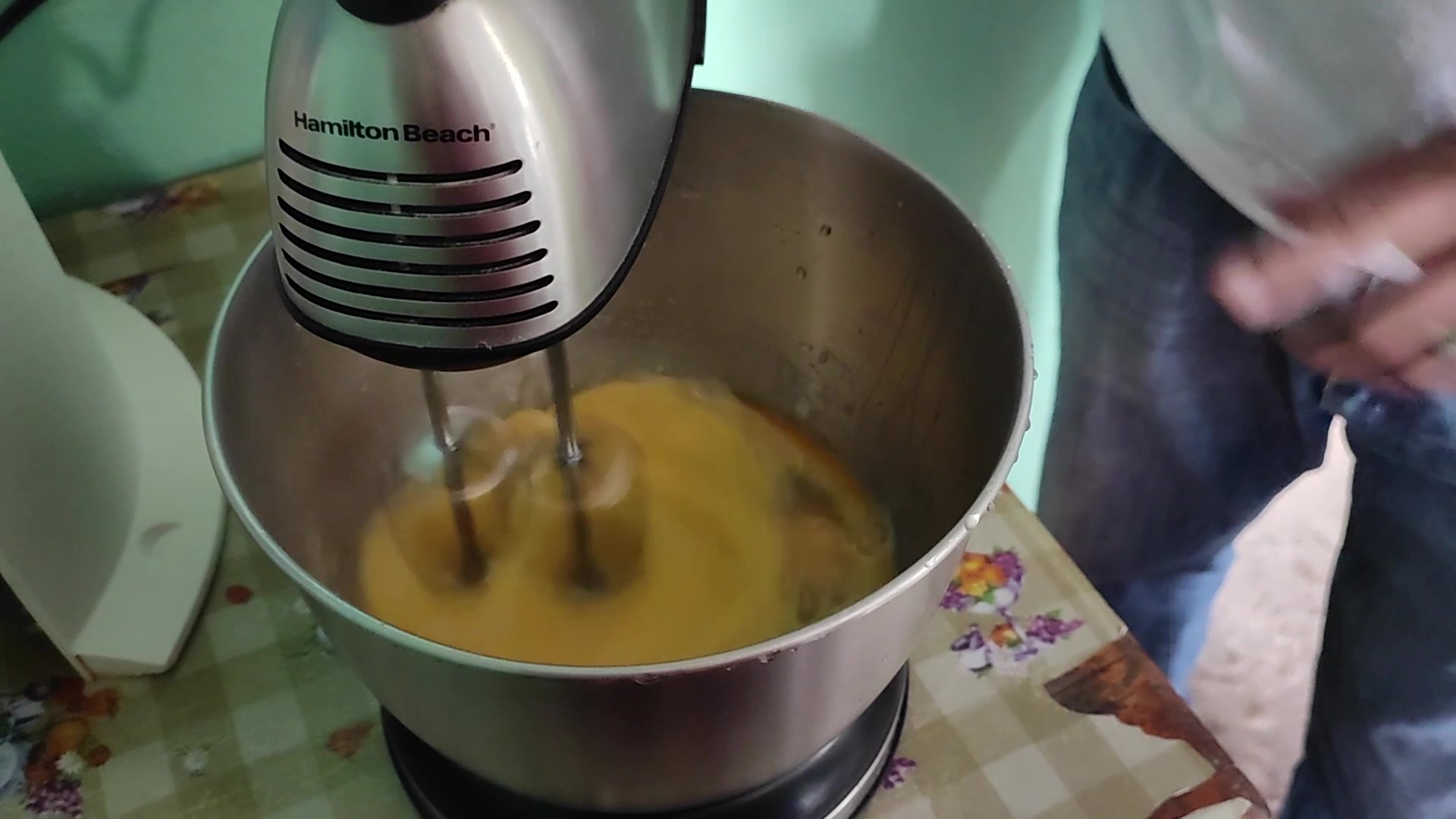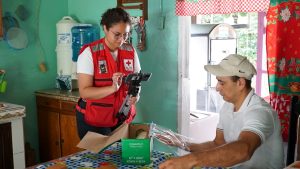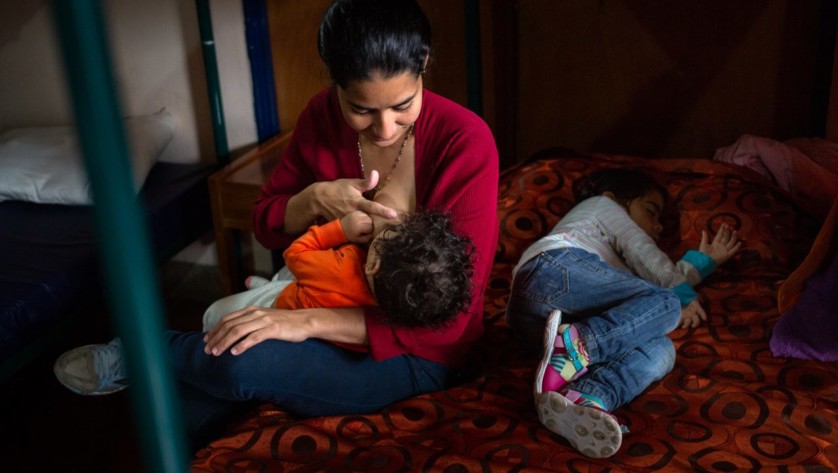A family entrepreneurship
Maribel’s bakery is a perfect example. Through baking and pastry workshops, Maribel learned the techniques and skills needed to start her own business.
“The Red Cross came here with different projects and among them they brought baking courses,” says Maribel. “I learned everything. Everything they taught us, I learned.”
Cakes, pizzas, banana bread, quequitos (better known as cupcakes), carrot bread and quesadillas — just a few of the things that can be found at Maribel’s bakery.
To set up her business and produce bread on a large scale, Maribel needed the right equipment. For this, the Red Cross provided her with everything she needed, including the oven, baking utensils and other kitchen accessories. This helped her to increase their production and sell to many more families, not only in the Hundiciones community, but even in Tegucigalpa, the country’s capital.
“We already have a lot of customers who come to buy our bread. We also send bread by car to some cafeterias in San Pedro Sula,” says Maribel with a smile on her face. In a normal day, Maribel can bake between 150 and 300 pieces of her delicious bread.
This bakery is a family business. Alexander Tejada, Maribel’s husband, is also involved in the business, helping her to take the bread out of the oven and prepare it for sale. “She has taught me the whole process she learned in the workshops,” Alexander says.
The bakery has allowed Maribel’s family to improve their situation and secure a stable source of income. Together they have achieved financial stability and that has allowed them to send their son to school, one of Maribel’s main motivations for starting this business.
 Red Cross Red Crescent magazine
Red Cross Red Crescent magazine 










 Tech & Innovation
Tech & Innovation Volunteers
Volunteers Health
Health Migration
Migration